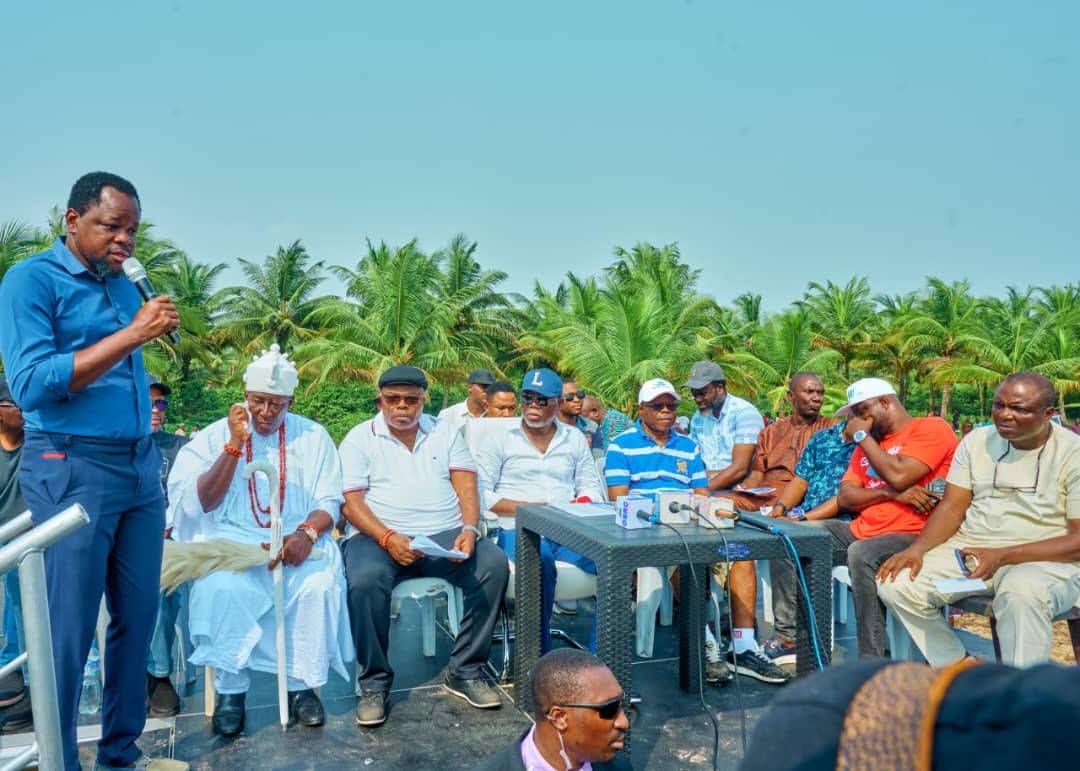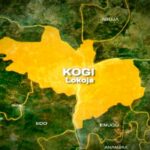Governor Lucky Aiyedatiwa of Ondo State has attributed the delay in the state’s seaport project to an error in the initial approval process by the Federal Government.
Speaking at Araromi Seaside in Ilaje Local Government during his pre-inauguration visit, Aiyedatiwa explained that the deep seaport project was stalled due to a mistake in the name approved by former President Muhammadu Buhari, necessitating a restart.
However, he assured residents that progress is underway, revealing that discussions with international investors have begun to ensure the project’s success.
The governor emphasized the tourism potential of Araromi, stating that his administration aims to develop tourism as a key revenue source. He disclosed ongoing talks with La Campagne Tropicana and other investors, adding that the area’s accessibility will improve with the availability of boats.
ALSO READ: Kogi govt mourns media icon, Prof Tom Adaba
“The strategic location of this area, just a 45-minute journey from Lagos, will become even more accessible with the ongoing development of the coastal highway, enhancing connectivity and boosting tourism,” Aiyedatiwa said.
He reaffirmed his administration’s commitment to infrastructure, particularly road construction and maintenance across all 18 local government areas. Additionally, he announced that the distribution of appointment letters to newly recruited teachers would commence immediately after his inauguration.
To prevent teacher shortages in rural areas, he warned against undue influence in teacher transfers, emphasizing that newly employed teachers must serve in their designated locations.
Aiyedatiwa also addressed the state’s water challenges, particularly in the southern region, stating that efforts are underway to rehabilitate abandoned water projects and build new supply schemes.
He highlighted plans to enhance primary healthcare by constructing and renovating health centers in all 203 wards, with provisions for medical staff accommodations and solar-powered facilities.
“These initiatives will make rural communities more attractive to workers, ensuring better education, healthcare, and economic opportunities for residents,” he said.
WATCH TOP VIDEOS FROM NIGERIAN TRIBUNE TV
- Let’s Talk About SELF-AWARENESS
- Is Your Confidence Mistaken for Pride? Let’s talk about it
- Is Etiquette About Perfection…Or Just Not Being Rude?
- Top Psychologist Reveal 3 Signs You’re Struggling With Imposter Syndrome
- Do You Pick Up Work-Related Calls at Midnight or Never? Let’s Talk About Boundaries







